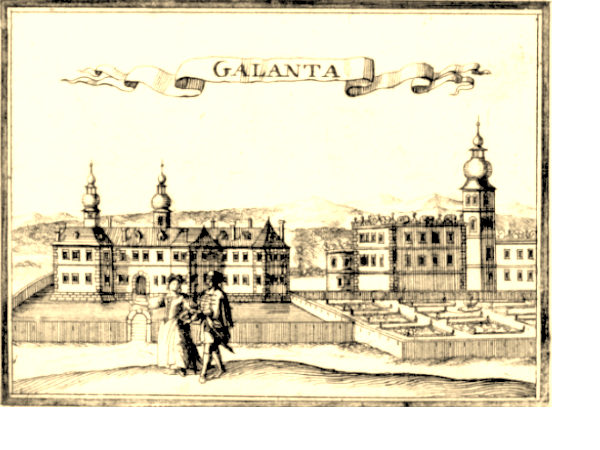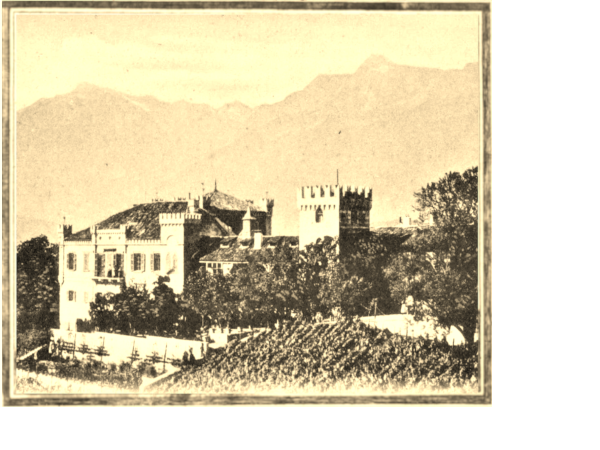The Count Esterházy
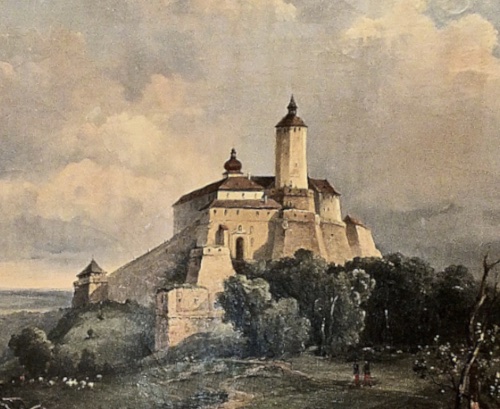
Hrad Fraknó (Forchtenstein)
Family organisation
Our family organization presents you not only the rich history of the Esterházy family, but also its present in the territory of today's Slovakia. The organization was founded on the principles of a family association of descendants and members of the family of Count Esterházy de Galanta et Frakno. It prides itself on managing an extensive collection owned by the original owners of the Esterházy family.
Travelling exhibitions
Our varied range of travelling exhibitions includes gems for history and art lovers. The unique Esterházy family collections include paintings, clocks, furniture, cool weapons, jewellery and numismatics. Also unique is our collection of prints and the most comprehensive collection of painted coats of arms of the Hungarian aristocracy. If you are interested in our travelling exhibition please do not hesitate to contact us we are here for you and will be happy to provide you with the necessary information office@esterhazy.sk.
History of the family
The Esterházy family belongs to the ancient Hungarian nobility, known since the 12th century. The earliest historically proven ancestor was Mocud Magister Comes de Genere Salamon et Watha, in 1186. He was the owner of a settlement called Watha (now a village: Zlaté Klasy, Slovakia). In 1421, Benedict de Eesterház expelled the Galanta manor. Galanta thus became the seat of the Esterhazy family, and all of Benedict descendants began to use "de Galantha" as their noble predicate. From Galanta also came the prominent Palatine Nicholas Count Esterházy, who was greatly influenced by his uncle, Palatine Stephen I. Count Illésházy de Illésháza, as Palatine was the representative of the King of Hungary. The family acquired the Strečno estate in 1601, the Zvolen and Dobrá Niva estates in 1614, and Bytča with parts of the Orava and Lietava estates in 1626. In 1642 they acquired Šintava and Bernolákovo, in 1675 the castle manor of Levice, in 1690 Vígľaš and other estates and property shares in the territory of today's Slovakia, Hungary and Transylvania. In 1626, Nicholas Count Esterházy received the hereditary title of Count for his descendants. The family has always been inclined to piety, and several of the family became ecclesiastical dignitaries of the Catholic Church and also religious writers. Among them was the Archbishop of Esztergom and Primate of Hungary, Imrich Count Esterházy, who crowned Queen Maria Theresa of Hungary in Bratislava, then the capital of Hungary. As Grand Master of the Order of St. Paul the Hermit and Archbishop of Esztergom and Primate of Hungary, he built around 70 new churches in the territory of the Archdiocese. He himself spent more than 2 million gold pieces for religious and cultural purposes. In the past the family had successful and unsuccessful periods, times good and bad. The willingness not to give up on one's own convictions is characteristic of the Esterházy family, as the family motto "DUM SPIRO SPERO" (translated: As long as I breathe, I hope) calls it. Family members proved their courage by participating in battles where the Ottoman Turks pushed into their Hungarian homeland in repeated waves. They helped as defenders in the siege of Vienna and in the liberation of Buda. During the Austro-French War in 1809, Napoleon offered independence to the Kingdom of Hungary, headed by Anton Prince Esterházy, after the intended partition of the Austrian Empire. Later, the crown was also offered by Nicholas Prince Esterházy, who did not accept the offer either. The Esterházy family always remained loyal to the King of Hungary, although part of the nobility sympathized with Napoleon. The Esterházys were: Hungarian palatines, marshals, Croatian bans, royal councillors, politicians, diplomats, bishops of Jäger and Esztergom.
Francis Baron Esterházy

Francis Baron Esterházy

Sophia Illésházy
Descendants of Baron Francis

Nicholas Count Esterházy

Daniel Baron Esterházy

Paul Baron Esterházy
Descendants of Count Nicholas

Paul Prince Esterházy

Francis Count Esterházy
Book resource: Mikuláš Esterházy a jeho dvor. Author: Diana Duchoňová, 2017, Historický ústav SAV, ISBN 978-80-224-1606-1
Other resources: Archív Gróf Esterházy Kaštieľ-Múzeum
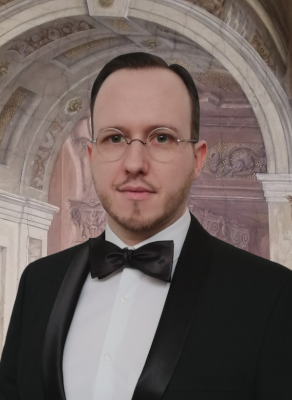
Nikolaus Paul Esterházy
Director of a family organization that has a history of more than 800 years in the territory of today's Slovakia. Nikolaus Paul Esterházy full name: Maria Nikolaus Paul Móric Aloysius Juraj Konstantin Ernest Anton Ignác Count Esterházy of Galanta and Franconia is a descendant of the younger Fraknov branch of the Esterházy family. His work for the Slovak National Museum led him to the idea of realizing his father's dream, namely to found a non-profit Family Organization dedicated to family history, traditions and the restoration of cultural monuments.
The Family archive

The Family Archive is a non-public archive set up by a family association of members and descendants of the family of Count Esterházy de Galantha et Frakno. It holds a number of archive holdings and collections and plays a role in cultural and educational activities, as well as in the acquisition and preservation of historical documents.
The Family Archives provides
- Retrieval and protection of archival documents
- Records of the family's archival heritage
- Caring for the library collection
- Pre-archive care
The family archive is part of the organizational structure of the Gróf Esterházy Kaštieľ-Múzeum, which is directly subordinate to the Director of the organization.
Esterházy family residence
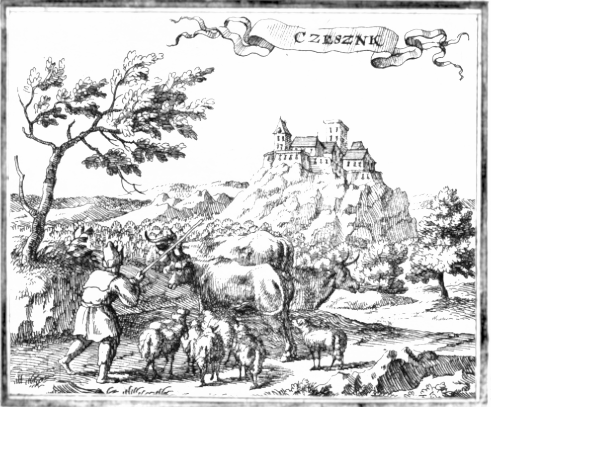
Hungary
ÁcsBakonyszentlászló
Bakonyszombathely
Balatonfüred
Budapest street Dózsa György
Budapest street Pollack Mihály
Buják
Csesznek
Csetény
Csákvár
Devecseri vár
Edelény
Eger
Fertőd
Gesztes
Győr
Hegyesd
Hejcei
Iregszemcse
Kapuvár
Kőszeg
Lovászpatona
Naszály
Ozora
Peresznye
Pápa
Réde
Sopron
Szentlőrinc
Szigliget
Sárosd
Tamási
Tata
Torony
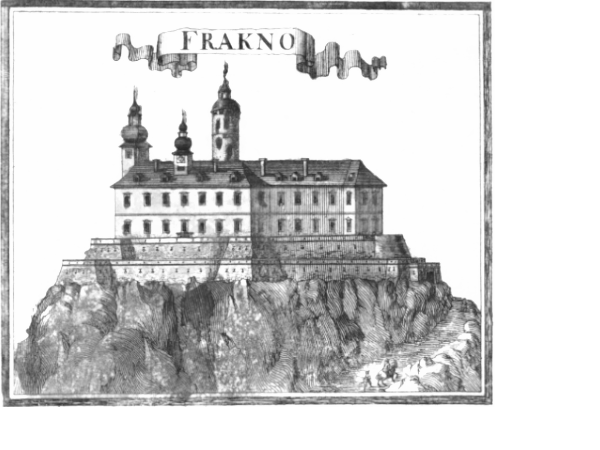
Austria
DeutschkreutzEisenstadt
Emslieb
Forchtenstein
Gattendorf
Großhöflein
Hartenstein
Hornstein
Kittsee
Kobersdorf
Krumnußbaum
Lackenbach
Landsee
Lockenhaus
Neudörfl
Pottendorf
Schwarzenbac
Siegendorf
Wien Linzer Str.
Wien Wallnerstraße
Wien Schenkenstraße
Wien Kärntner Str.
Wien Arenbergpark
Wien Himmelpfortgasse
Wien Johannesgasse
Wiespach
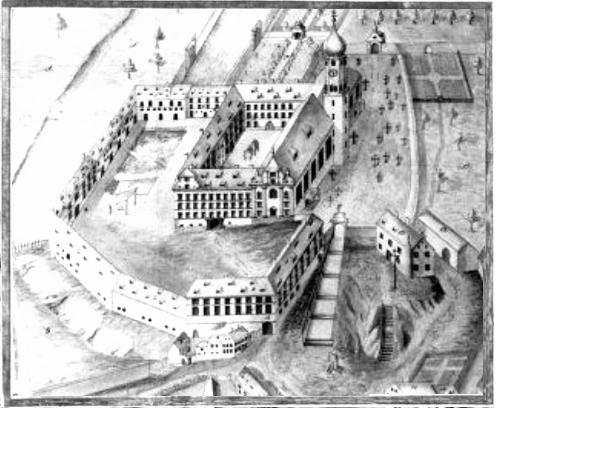
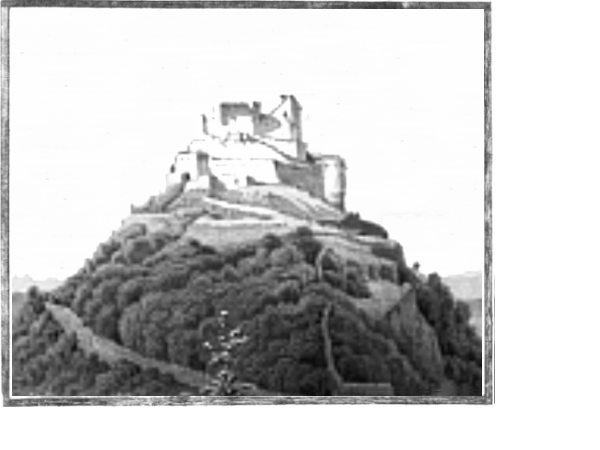
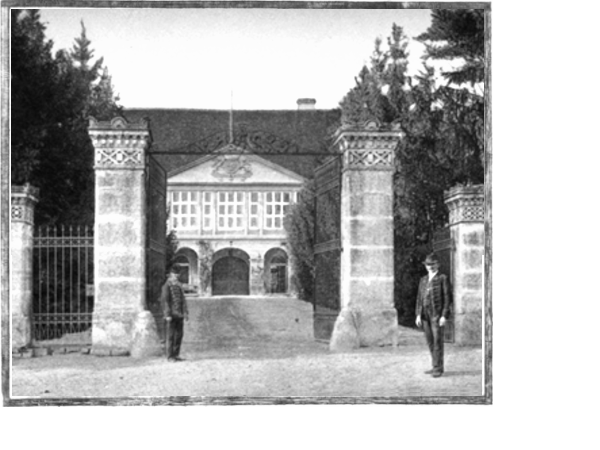
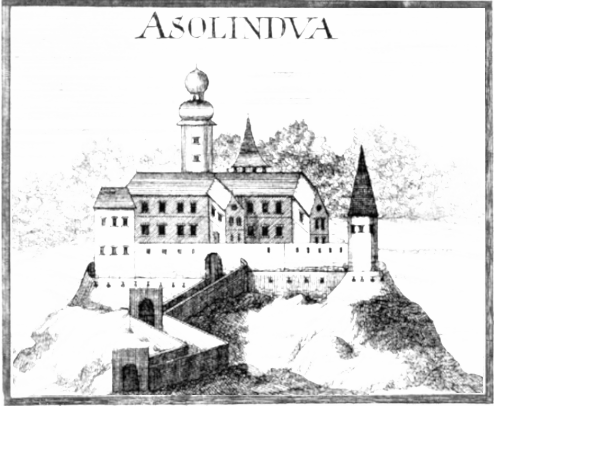
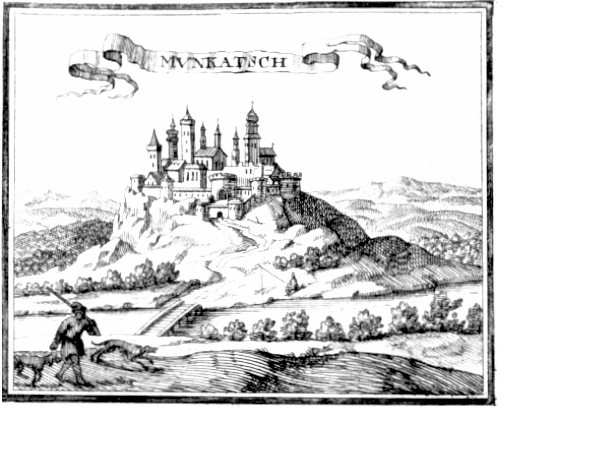
 The Count Esterházy
The Count Esterházy


